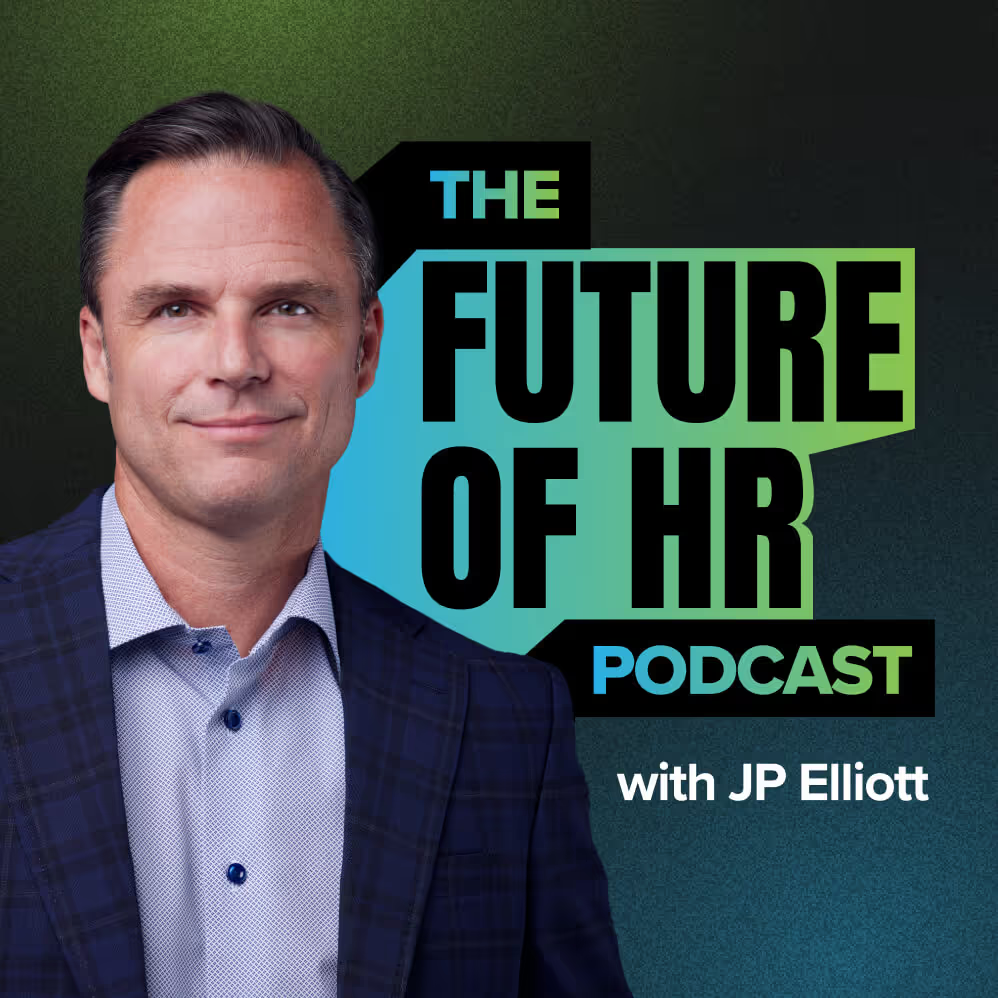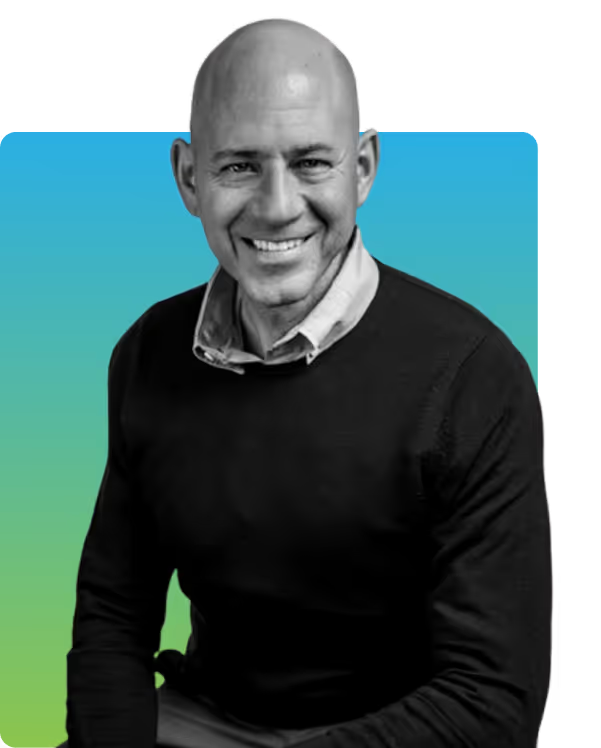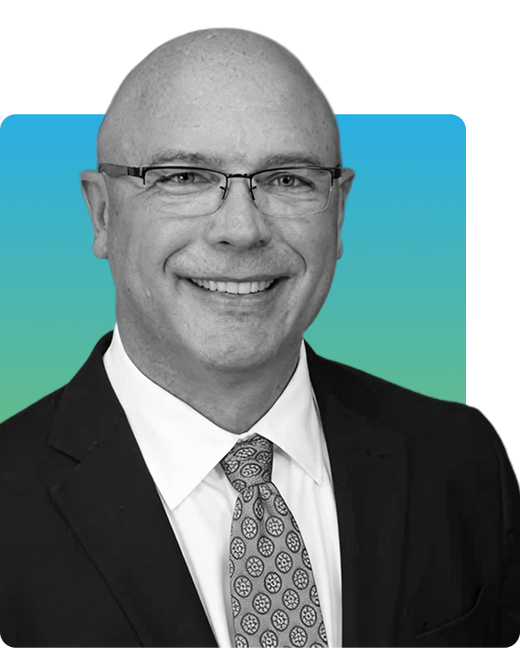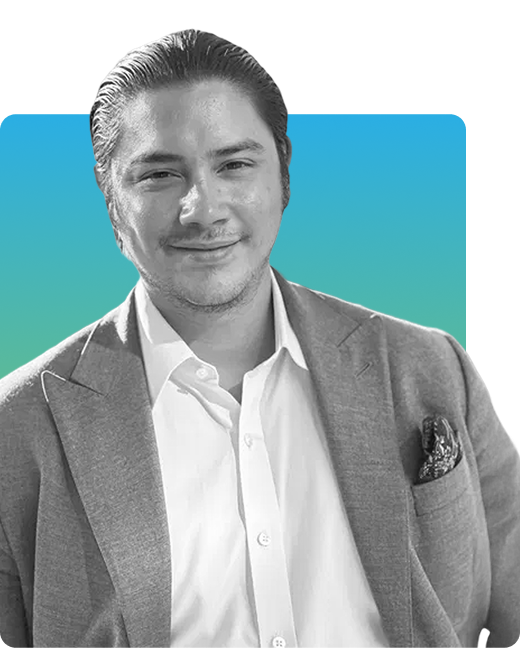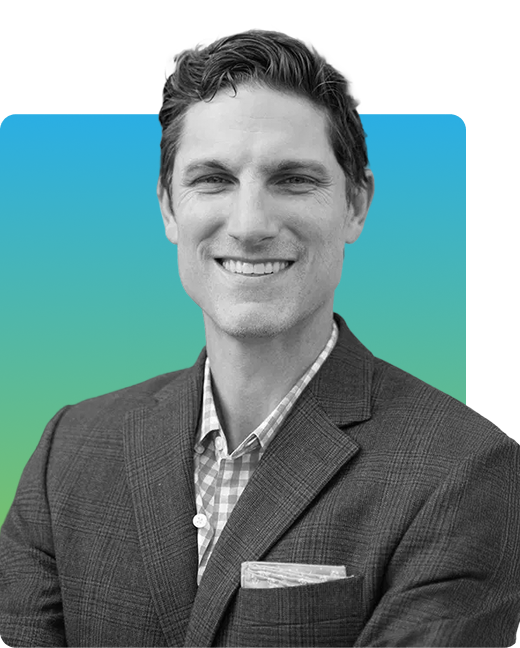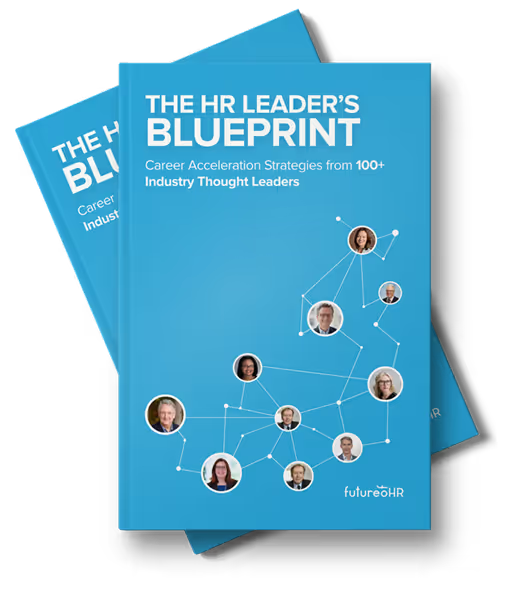Fast-track your career with The Future of HR Podcast
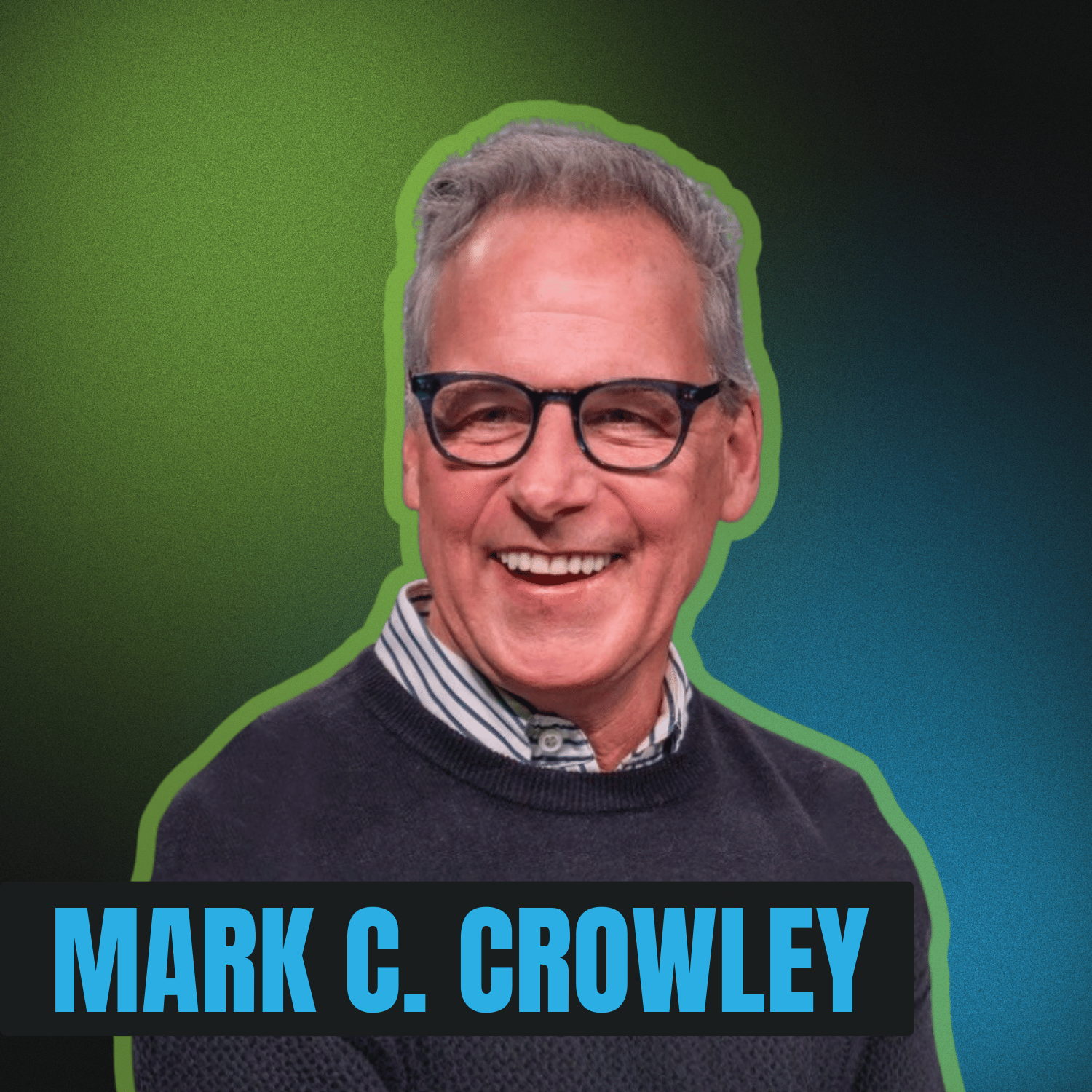
180
ep.
How can organizations make employee well-being a leadership responsibility, not just an employee responsibility? Why is belonging the number one driver of employee well-being? My guest on this episode is Mark C. Crowley, a pioneer in workplace leadership, speaker, and bestselling author of Lead from the Heart and The Power of Employee Well-Being. During our conversation, Mark and I discuss the following: Why leading with the heart is often misunderstood as being "soft" in business settings. How pulse surveys, when paired with real accountability systems, can transform manager behavior and team performance. Why belonging is the number one driver of employee well-being Why employee well-being is the leader’s responsibility, not the employee’s and the research that proves it. Why HR leaders need to challenge decisions that prioritize short-term financial metrics over long-term culture and people.

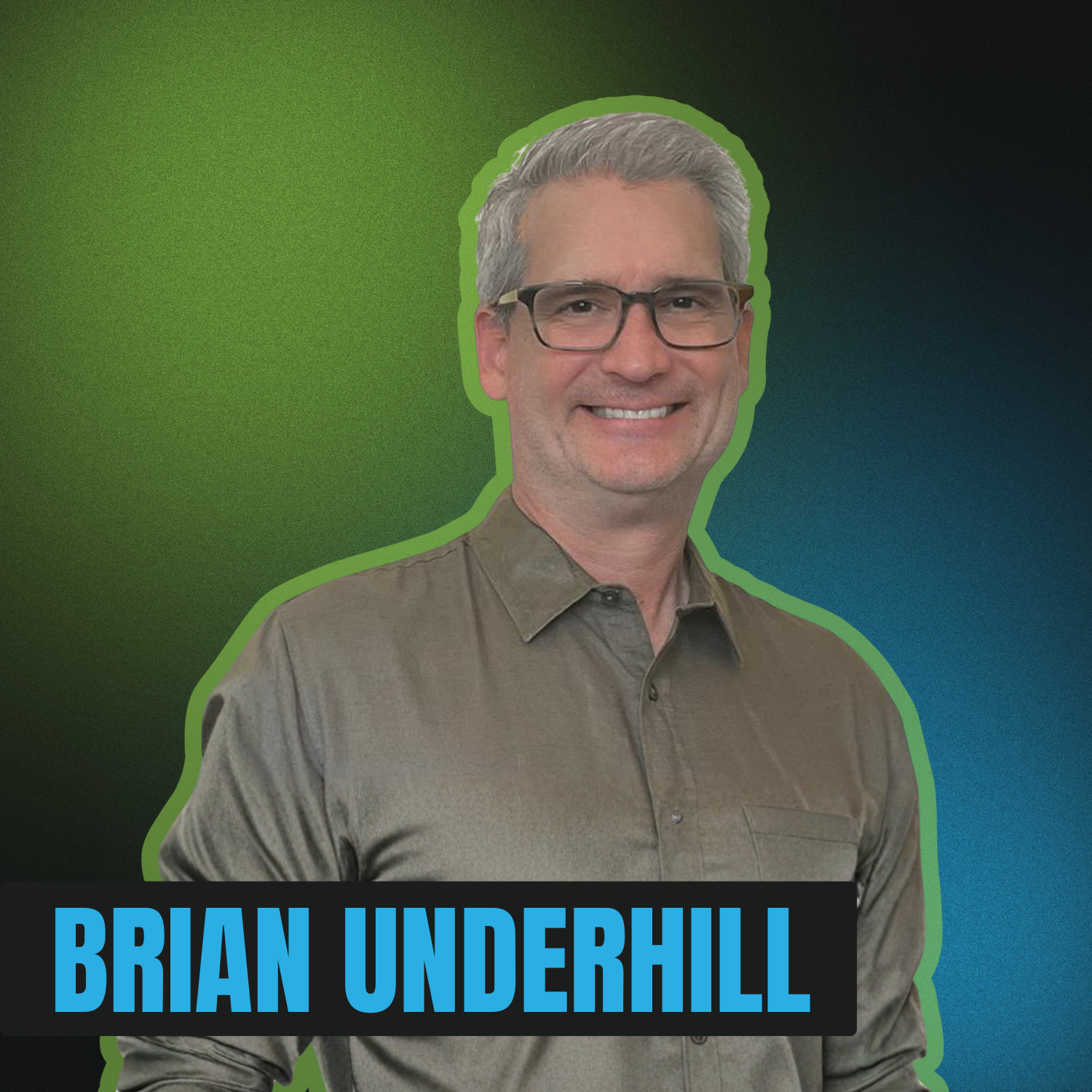
179
ep.
How can organizations use coaching to build leadership capability? Why should every organization have a clear coaching strategy? My guest on this episode is Brian Underhill, Founder and CEO of CoachSource During our conversation, Brian and I discuss the following: How the executive coaching industry evolved and matured over the past few decades. How organizations can design disciplined, scalable coaching systems that drive measurable behavior change. Why coaching works best when it is aligned to the talent strategy. How team coaching can improve trust and effectiveness when designed intentionally. Where AI can support coaching at scale and where it can’t.


How can HR lead with courage? How can organizations be both high performing and healthy? My guest on this episode is Pat Wadors, CHRO, Intuitive and author of “Unlock Your Leadership Story.” During our conversation, Pat and I discuss the following: Why HR leaders must have the courage to challenge decisions that compromise the organization’s or their own values, even when it puts their role at risk. What it truly means to build a healthy company, not just a high-performing one. How can you partner with the business, so they own the initiatives and not HR Why HR needs to adopt a product mindset when designing employee experiences and strategic initiatives. Why should you have a “personal scorecard” that helps you navigate your career and personal life.

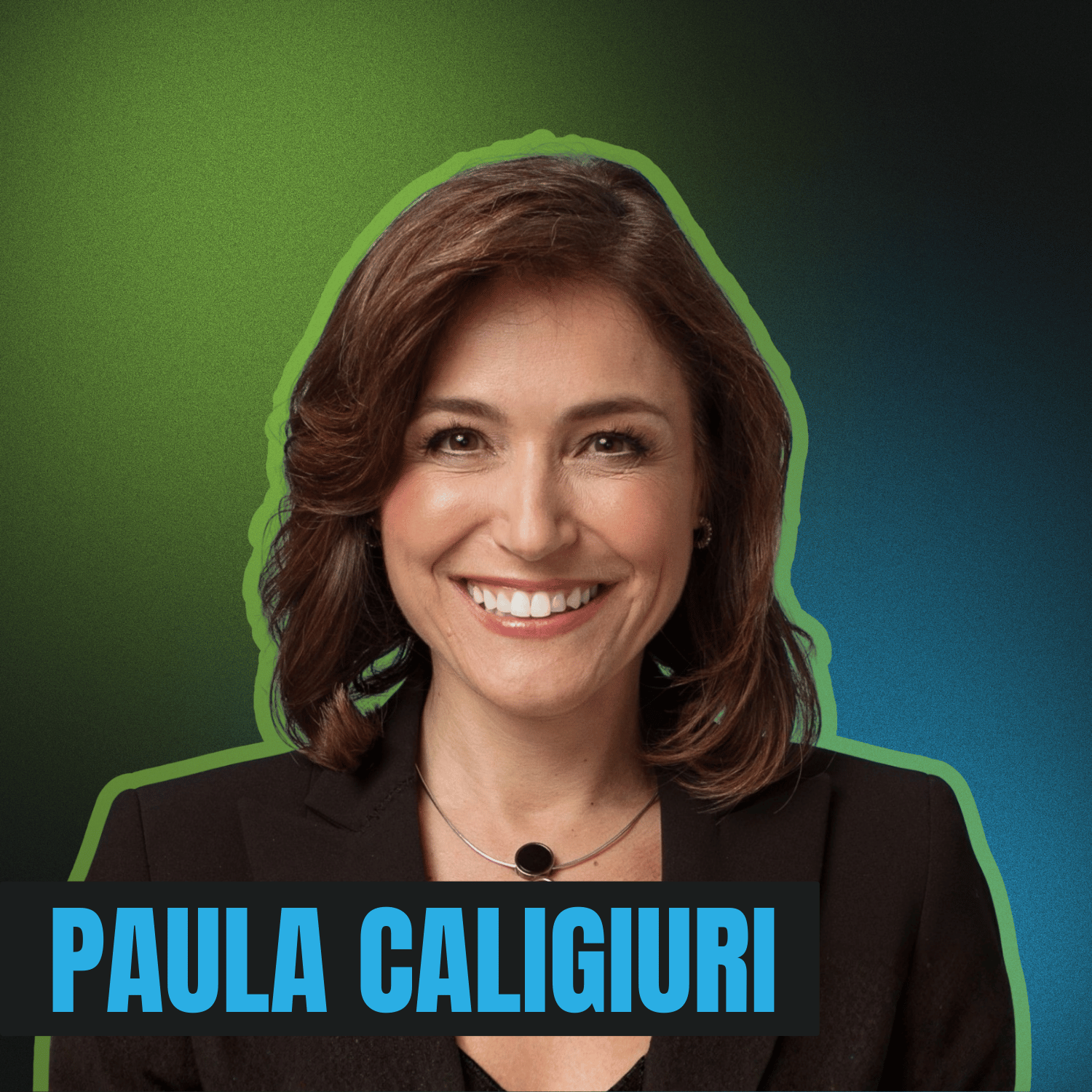
177
ep.
How do leaders develop cultural agility? Why is cultural agility an essential skill in the age of AI? My guest on this episode is Paula Caligiuri, Distinguished Professor at Northeastern University, Co-Founder of Skiilify, and Best-Selling Author. During our conversation, Paula and I discuss the following: Why cultural agility is becoming a critical leadership capability How leaders actually develop effectiveness across cultures Why vulnerability, curiosity, and perspective-taking build trust and adaptability. How individual behavior shapes team dynamics more than formal authority. How organizations can intentionally design experiences to develop global leaders.

.png)
How does active listening build a culture of trust? Why is the employee experience as important as the customer experience? My guest on this episode is DJ Casto, CHRO, Synchrony During our conversation, DJ and I discuss the following: How adopting an agile mindset and methodologies transformed Synchrony's approach to HR How Synchrony bucked the “return to office” trend by listening to employee feedback and maintaining a flexible, performance-based work model. Why they created a frontline experience team to invest in and improve the employee journey and customer experience. How Synchrony uses active listening to co-create the employee experience and shape the culture.


How can “managing up” help you to have more impact and influence? Why is managing up a critical leadership skill for all HR leaders? My guest on this episode is Melody Wilding, author of “Managing Up”, keynote speaker, and executive coach During our conversation, Melody and I discuss the following: The biggest misconceptions about managing up and why they are wrong Why managing up is a core leadership skill that every HR leader needs to learn Practical tools and questions HR leaders can use to help clarify priorities and expectations with leaders. The four main communication styles leaders need to recognize to build trust and influence across the organization. How to structure upward feedback for your boss to ensure it lands diplomatically and productively.

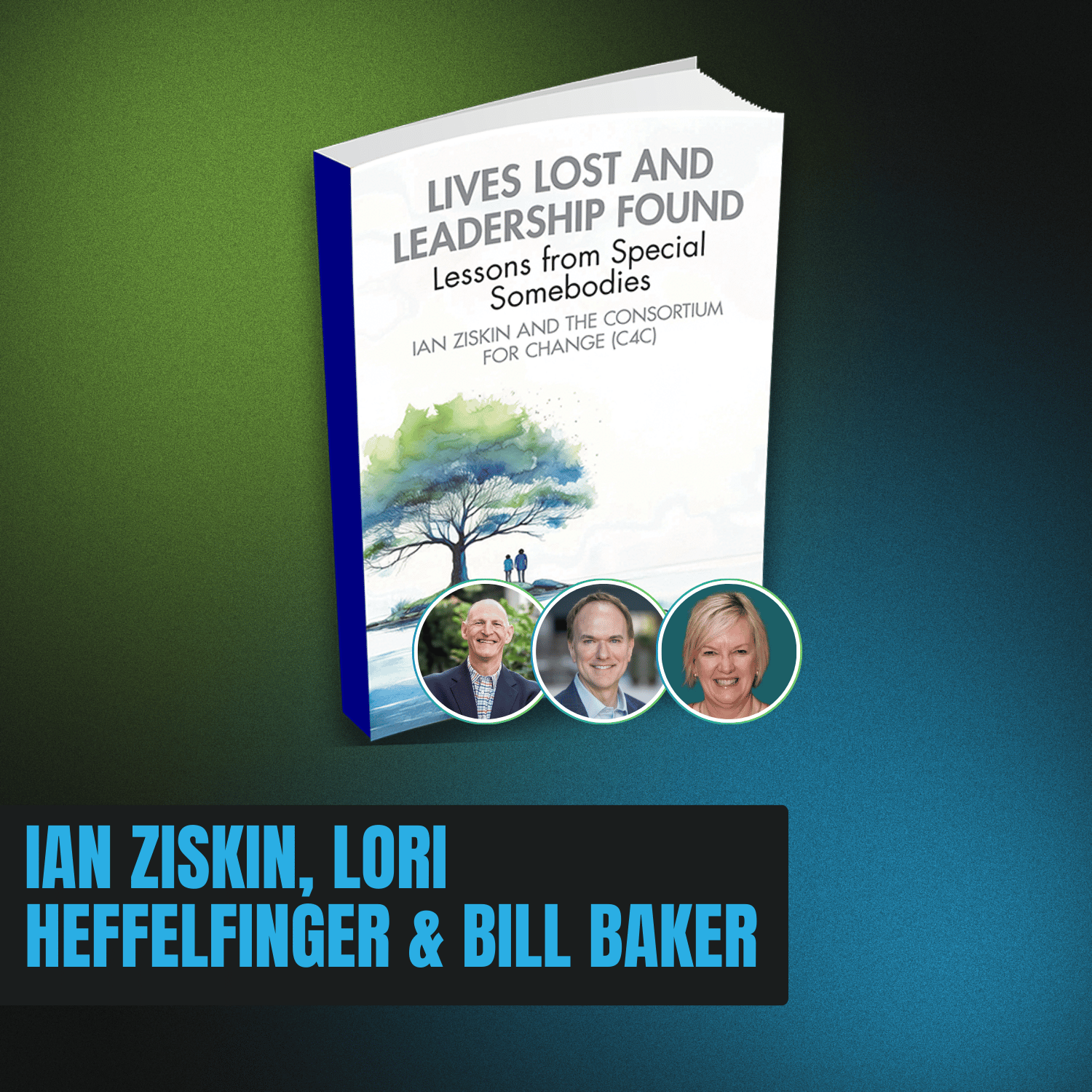
173
ep.
My guests on this special holiday episode are Ian Ziskin, Lori Heffelfinger, Bill Baker, lead author and co-contributors to “Lives Lost and Leadership Found.” During our conversation, Ian, Lori, Bill and I discuss the following: The inspiration behind the book "Lives Lost and Leadership Found" and how personal loss can serve as a foundation for personal growth. The neuroscience behind grief: how loss rewires your brain and why that matters for leaders. What research reveals about the role of intentionality in healing after loss and becoming a stronger leader. The power of storytelling and reflection—why writing about a special someone can be transformative

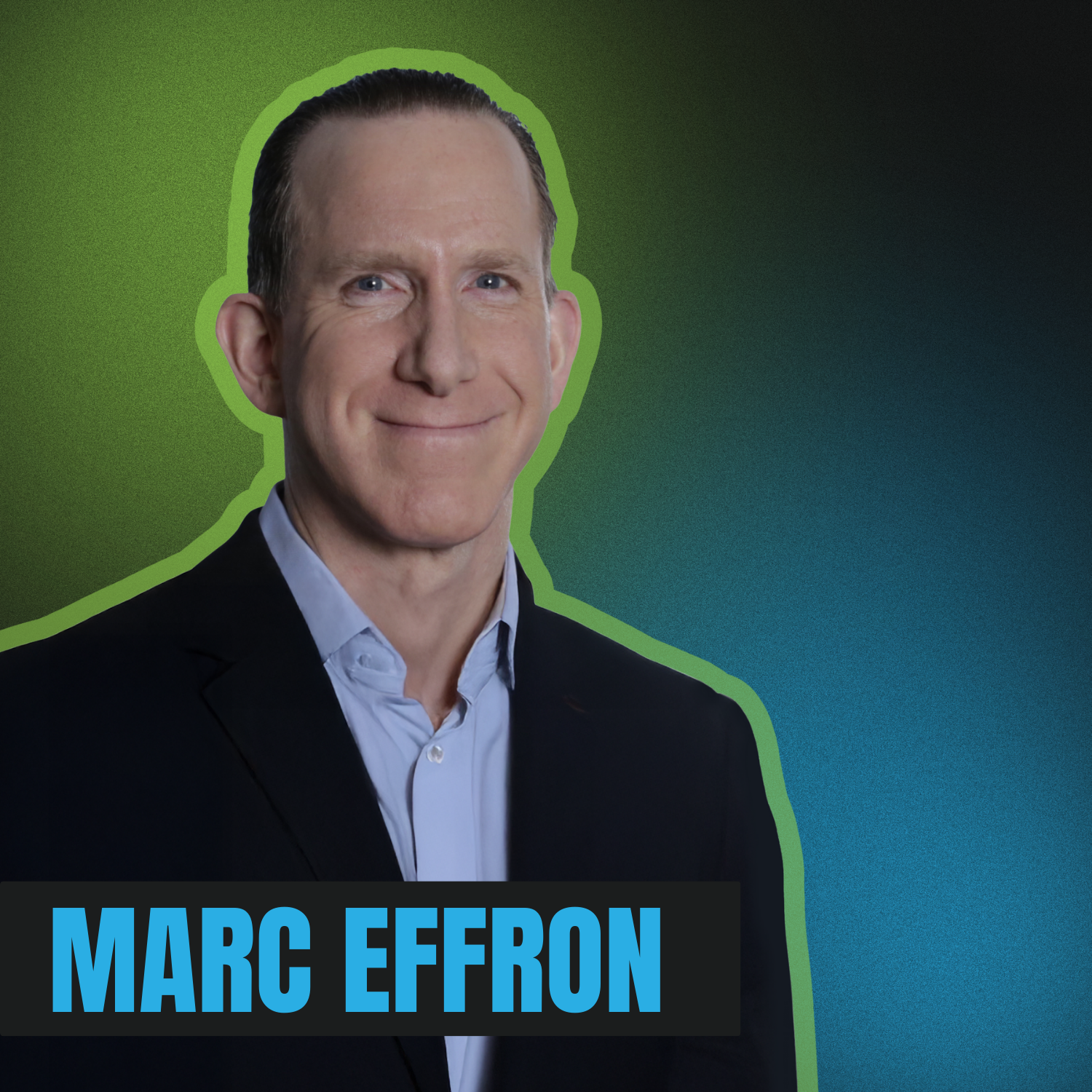
172
ep.
What differentiates the best HR leaders from the rest? Why isn’t enough to “know the business, you must love the business My guest on this episode is Marc Effron, President, Talent Strategy Group. During our conversation, Marc and I discuss the following: Marc’s career journey and what led him to co-author One Page Talent Management The unforgettable advice that Marshall Goldsmith gave to Marc The one question that will help advance your career What differentiates the best HR leaders from the rest

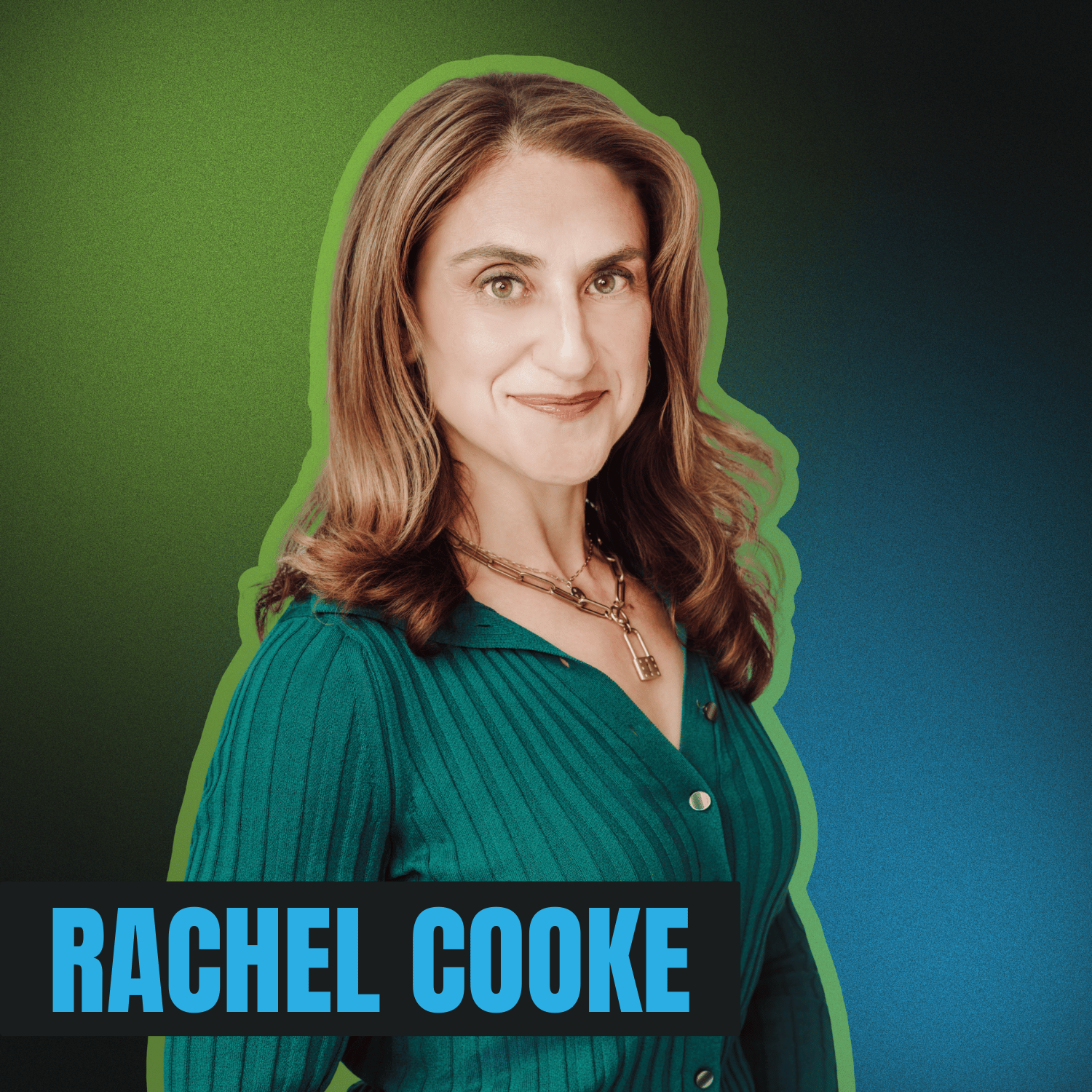
171
ep.
How can leaders redesign work to boost both engagement and well-being? Why is “fit for purpose” more important than “best practice” when it comes to designing work? My guest in this episode is Rachel Cooke, Founder of Lead Above Noise & Host of the Modern Mentor podcast. During our conversation Rachel and I discuss: Why today’s leaders are under greater pressure than ever before, especially with expanding spans of control and higher expectations. How leaders can increase engagement and embed wellbeing directly into how work actually happens The importance of asking those closest to the work to redesign the work How to create custom solutions for your team by seeking “right practices” rather than following industry “best practices.”

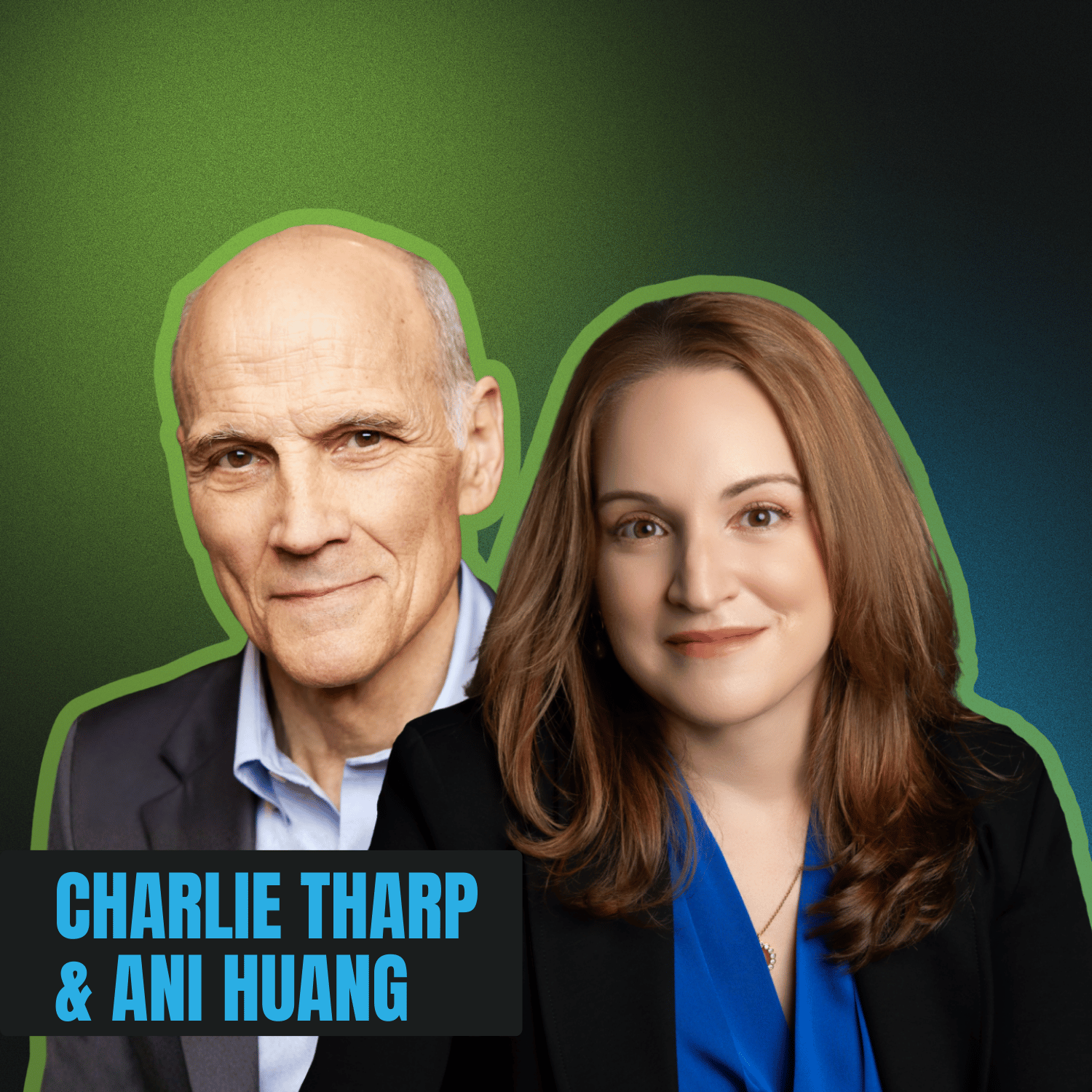
170
ep.
How does executive compensation shape company culture, performance and deliver shareholder value? Why should CHROs think of executive compensation as a communication tool? My guests in this episode are Ani Huang, President of Policy and Practice at the CHRO Association and Charlie Tharp, Senior Advisor for Research & Practice at the CHRO Association and the Center On Executive Compensation During our conversation Ani, Charlie, and I discuss: Why executive compensation is a strategic communication system that signals culture, priorities, and long-term value. How executive compensation aligns to the business strategy and drives long-term value. Why effective executive compensation starts with developing deep financial and business acumen. What builds fairness and transparency in pay systems. How executive compensation can impact the broader pay philosophy.


